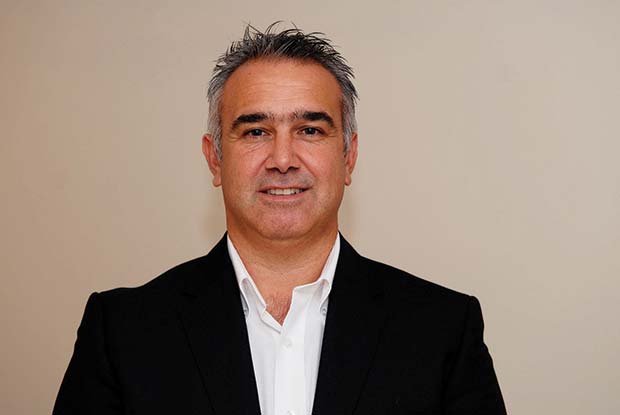Easilift Loading Systems will underline how companies can improve safety in the loading bay at the Fork Lift Truck Association’s 2013 National Fork Lift Safety Conference.

The talk by the company’s Managing Director, Rob Fay, will outline the importance of taking time and care to develop safety processes, rather than making snap decisions by choosing familiar or obvious options.
“A robust safety protocol is necessary whenever goods are to be loaded or unloaded,” says Rob, “but many of the most important decisions are made before a loading bay becomes operational.”
“Selecting the right products and suppliers is absolutely critical; get these aspects wrong, and safety will be compromised before the first trailer pulls up to the dock,” he adds.
Easilift believes that many of the most popular safety solutions on the market – such as vehicle restraint systems – are not 100% reliable because they are essentially reactive measures. “While restraint devices have their place as a fail-safe, it is better to design loading bays to prevent the possibility of drive aways or vehicle creep from the outset,” says Rob.
For this reason, Easilift will be advocating alternative methods, such as key control processes that not only restrict the driver’s ability to move his vehicle, but also provide a range of auxiliary benefits to aid operational performance.
The company’s own Dock Management System, for example, enables customers to control door usage for improved security and greater energy efficiency, and to monitor usage patterns to assist future planning of the loading bay. Rob will present video evidence from a top name retailer to underline the capabilities of the technology.
The need for forward planning will be a big theme of Rob’s speech. “After 35 years in the industry, we know that the best way of avoiding risk is to anticipate it. The earlier the engagement with customers, the sooner we can assess a loading bay design to ensure that it is optimised for the proposed usage,” says Rob.
In particular, Easilift believes that new builds such as distribution centres can be improved “at birth” by introducing architects and contractors to loading bay specialists.
“Too often the loading bay is an afterthought, and suppliers are sub-contracted on a competitive tender rather than industry experience – that is where mistakes are made,” advises Rob. “Even a small error such as the working height of the dock or the gradient of the slope leading to it, can adversely affect safety.
“We are increasingly finding that the best distribution centres are those where the architect factors in the feedback of loading bay specialists, like ourselves, who can pinpoint where subtle adjustments will have major paybacks in terms of long-term performance and safety.”
The moral of the story, according to Rob, is to research the market and choose a reputable supplier: “The best companies in the loading bay industry will be compliant with the appropriate European standards. I’ll be advising which are the most important accreditations to look out for,” says Rob.
At the same time, Easilift believes that researching a supplier’s credentials extends to checking past projects. “A good supplier will have nothing to hide, so don’t be afraid to ask for references. There is no better way of confirming, for example, that their workforce is sufficiently skilled to install complex loading equipment.”
The speech, How To Improve Loading Bay Safety, takes place from 15:10 to 15:40 on Wednesday 25th September, at the FLTA’s 11th National Fork Lift Truck Safety Conference.




Comments are closed.